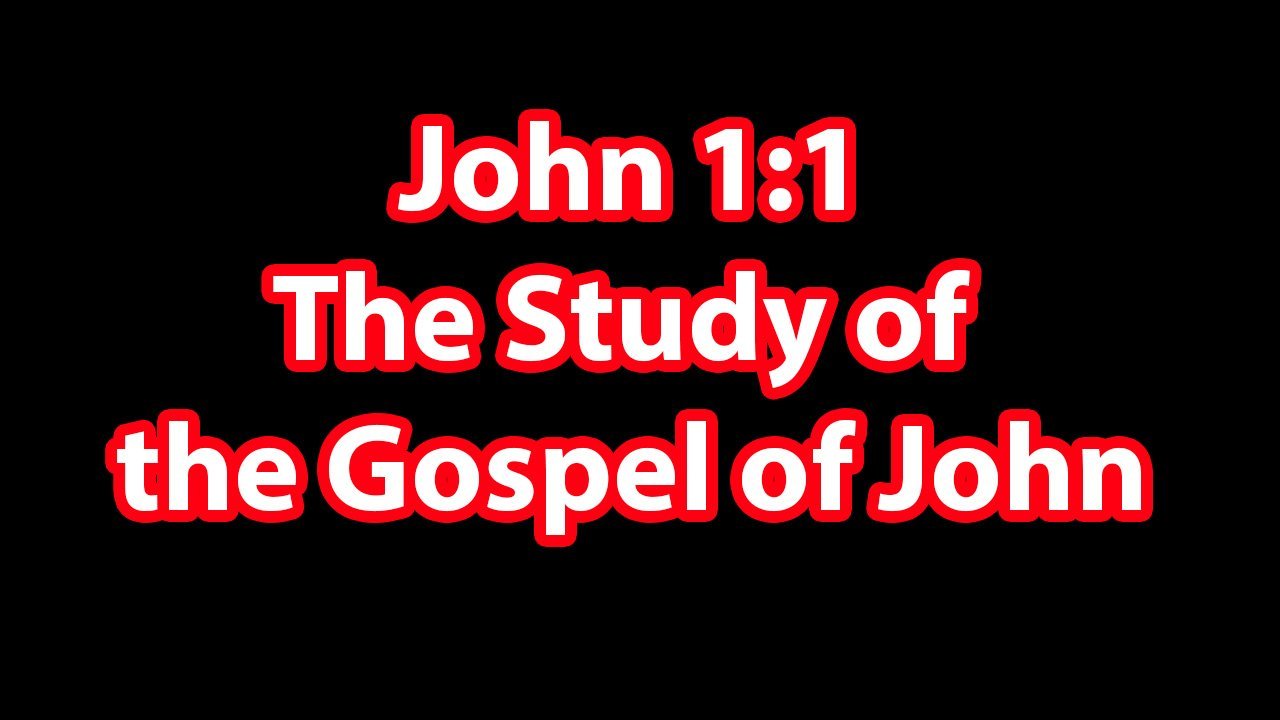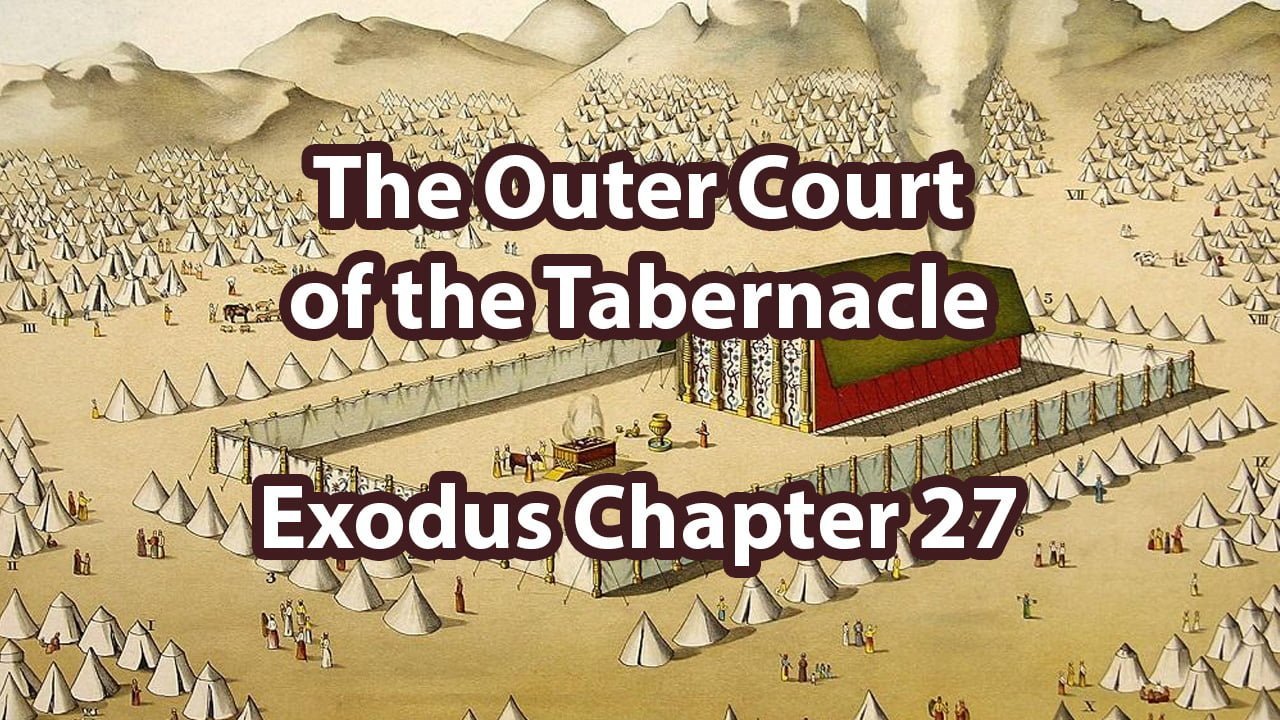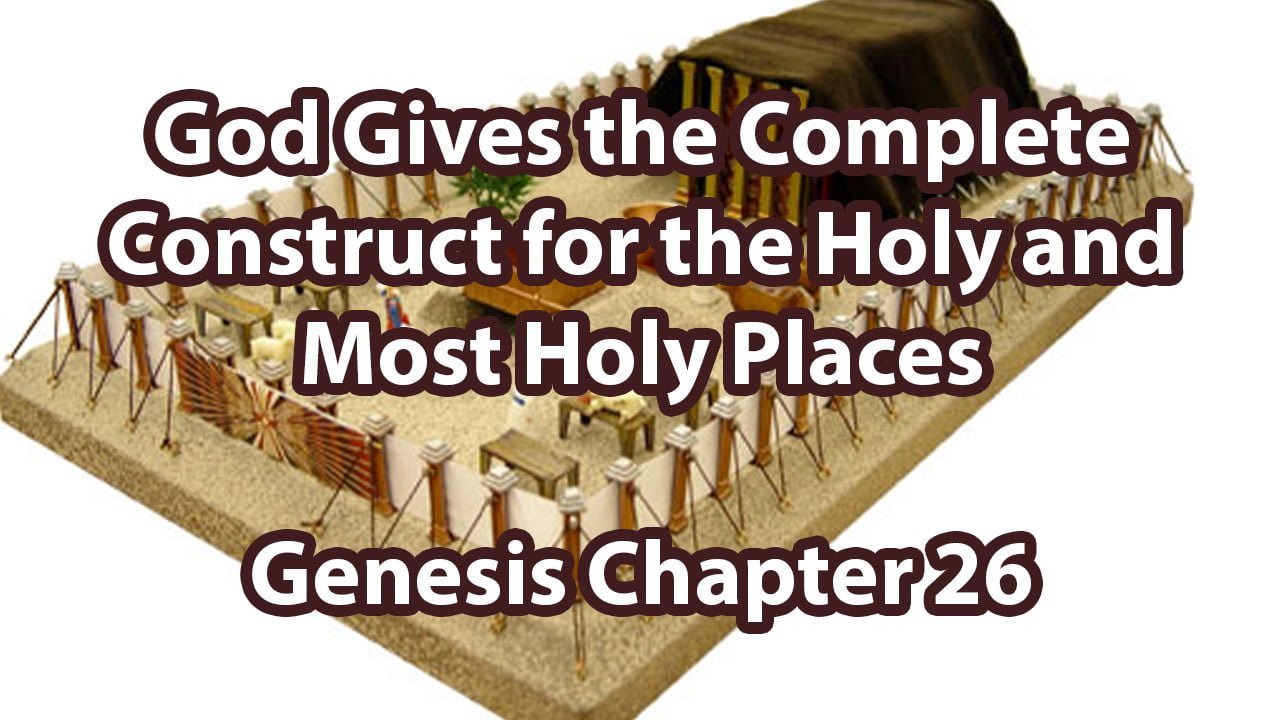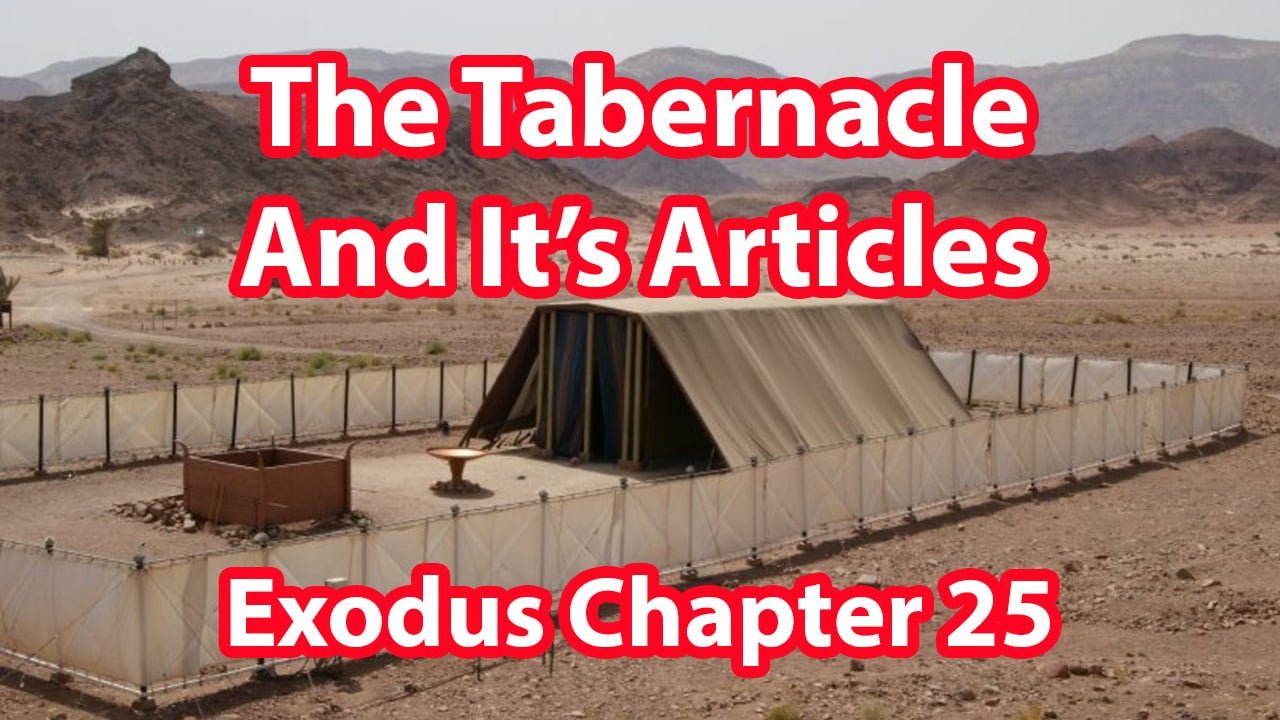
John 1:1 – The Nature of Jesus
This is an extensive teaching on John 1:1, dealing with the very nature of Jesus. It is in this verse that John lays down his foundational principle about Jesus – that He is God.

This is an extensive teaching on John 1:1, dealing with the very nature of Jesus. It is in this verse that John lays down his foundational principle about Jesus – that He is God.

This is an introduction to the study of the Gospel of John.

In this chapter, God instructs Moses on the outer court for the Tabernacle.

In this chapter, Moses receives instructions the curtains and coverings of the Holy/Most Holy Place.

In this chapter, Moses receives instructions for the building of the tabernacle articles. We will not only review the articles and their purposes, but also explain how these things speak of Christ Jesus.